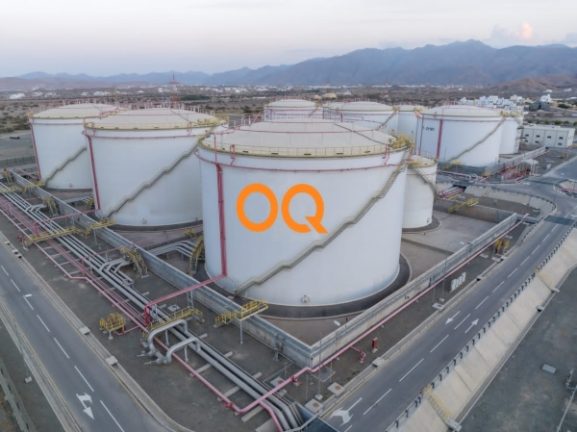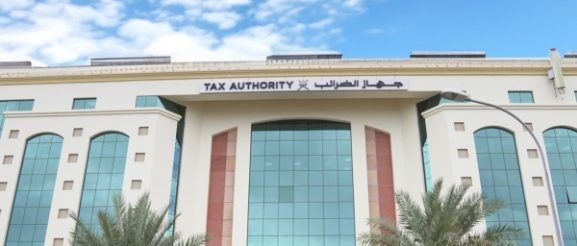Moody’s Upgrade to Investment Grade: How It Boosts Business Confidence and Investment Opportunities in Oman
MUSCAT: Oman has garnered significant international confidence following Moody’s Investors Service’s upgrade of the Sultanate’s credit rating to investment grade for the first time in several years. The rating increased from "Ba1" to "Baa3," with a stable outlook, signaling enhanced financial performance, improved debt sustainability, and greater investor confidence.
This long-awaited upgrade underscores Oman’s disciplined fiscal policies, effective debt management, and the structural reforms implemented over recent years.
The Ministry of Finance highlighted that this move reflects substantial progress across key financial indicators, including a notable reduction in public debt, decreased debt servicing costs, and a narrowing fiscal deficit. Public debt as a percentage of GDP fell to 35.5% in 2024, down from 37.5% the previous year. Additionally, Oman successfully reduced its average oil break-even price to $70 per barrel for 2024–2025, down from $84 during the 2016–2020 period. Public spending streamlined from 41% to 29%, while the cost of servicing government debt decreased from 9% of total revenue in 2021 to 7.2% in 2024.
Macroeconomic stability remained robust, with Oman recording real GDP growth of 1.7% in 2024 and inflation at a remarkably low rate of 0.7%. The country achieved a fiscal surplus of 2.8% of GDP and a current account surplus of 2.1%, reinforcing its improving external balance.
Ahmed bin Ja’afar al Musallami, Governor of the Central Bank of Oman, hailed the upgrade as a "profound testament to our nation’s resilience, visionary leadership, and unwavering commitment to transformation." In a widely shared statement on LinkedIn, he emphasized that this achievement reflects years of prudent financial management and the establishment of a more diversified, sustainable economy.
"This milestone signifies disciplined fiscal stewardship, bold economic diversification, and an unwavering pursuit of a sustainable future," he stated. He further noted that Oman is transforming challenges into opportunities for long-term growth by accelerating development in non-oil sectors and laying a resilient economic foundation for future generations.
The Ministry of Finance confirmed that Oman’s credit rating trajectory has steadily improved over the past 18 months. Moody’s initially revised the outlook from "stable" to "positive" in August 2024, prior to the upgrade to "Baa3" in July 2025. The report from Moody’s suggests further improvements could occur if Oman continues to reduce its non-oil fiscal deficit and expand non-oil revenue streams.
This credit rating upgrade aligns seamlessly with the goals of Oman Vision 2040, which emphasizes economic diversification, private sector development, and sound fiscal governance. The upgrade is expected to enhance Oman’s appeal to global investors, lower borrowing costs, and unlock new financing opportunities for infrastructure and development projects.
"Oman is evolving into a resilient and prosperous nation," Al Musallami stated, "driven by clear leadership, national unity, and a shared determination to propel our country towards greater heights of growth, stability, and prosperity."
Special Analysis by Omanet | Navigate Oman’s Market
Oman’s recent credit rating upgrade to investment grade signifies enhanced investor confidence and improved financial stability, presenting a unique opportunity for businesses to attract foreign investments and lower borrowing costs. However, the shift also entails the risk of increased expectations for sustained economic diversification and fiscal discipline; companies must strategically align with Vision 2040’s goals to thrive. Smart investors should focus on sectors poised for growth, particularly in non-oil industries, as Oman strengthens its resilience against global economic uncertainties.


